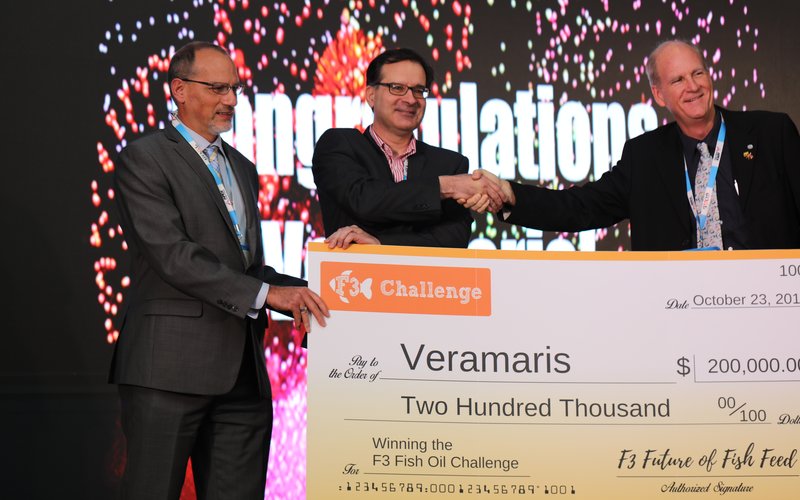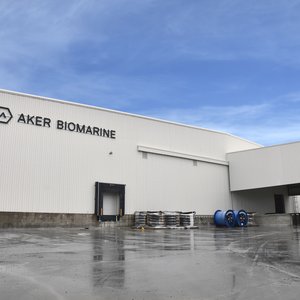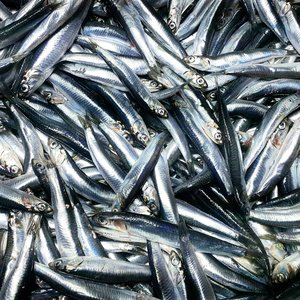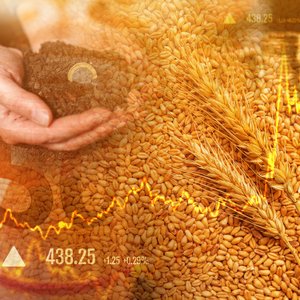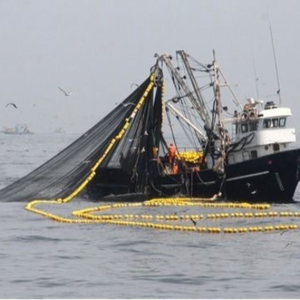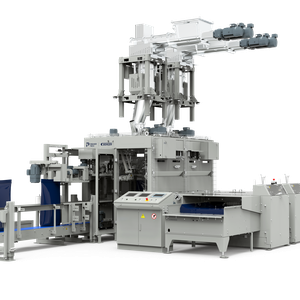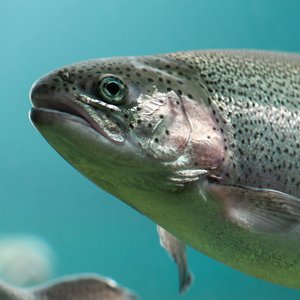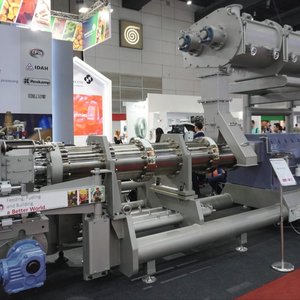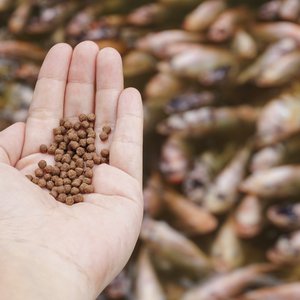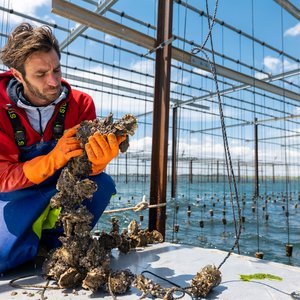Veramaris won the F3 Fish Oil Challenge for selling the most “fish-free” oil for use in aquaculture feed. Veramaris CEO, Karim Kurmaly, received $200,000 prize during a special award ceremony at the Global Aquaculture Alliance’s GOAL conference in Chennai, India.
The F3 Fish Oil Challenge is an incentive prize designed to help accelerate commercial-scale ingredients for aquaculture feed that meet the nutritional requirements of fish to produce healthy seafood for consumers without utilizing wild-caught fish. Contestants of the F3 Fish Oil Challenge sold a combined total of roughly 850,000 kilograms of “fish-free” oil during the contest, equivalent to saving over 2 billion forage fish from use in aquaculture feed—the largest amount of fish ever conserved through a contest.
Veramaris, a joint venture between DSM and Evonik, sold nearly 770,000 kilograms—or roughly 90% of the total contest sales—of its algal oil rich in EPA and DHA Omega-3 and ARA (arachidonic acid) produced at its pilot-scale facilities in Slovakia and the United States.
With its full-scale algal EPA+DHA omega-3 production facility in Blair, Nebraska, USA up and running, Veramaris is ready to support the seafood industry’s increasing efforts for improved sustainability and healthy nutrition with its natural marine algae oil rich in the essential omega-3 EPA and DHA fatty acids. Veramaris’ breakthrough technology enables expanding the future supply of healthy seafood.
“We share in the ambition to support continued sustainable growth of the aquaculture industry, as an efficient means to produce healthy food to nourish a growing population. Our breakthrough solution adds to the supply of healthy omega-3 nutrients and enables growth without increasing pressure on limited marine resources,” said Veramaris CEO, Karim Kurmaly. “I have to thank those courageous leaders within the retail, processing, salmon farming and feed industry for their collaboration and for taking steps towards ensuring a more sustainable future for aquaculture. It has been our pleasure to participate and we hope to amplify our mission with the recent opening of our new world-scale facility in Blair, Nebraska.”
Earlier this year, the world’s largest Atlantic salmon producer, Norway-based Mowi, committed to test the winning formula from the F3 Fish Oil Challenge, along with China-based Yuehai Feed Group and AlphaFeed. The companies will provide the results of their trials through the F3 Feed Innovation Network (FIN).
The third contest of the F3 Future of Fish Feed —the F3 Challenge – Carnivore Edition— is now open to companies or teams that produce and sell “fish-free” feed for farm-raised carnivorous species. A $35,000 prize will be awarded in each of three categories—salmonid, shrimp, and other carnivorous species—to the contestant that produces and sells the most feed made without using wild-caught fish or any marine-animal ingredient. Contest registration is open until April 30, 2020 here.
Each year, an estimated 16 million metric tons of wild fish are caught exclusively for use in fish oil and fishmeal. Wild-caught fish are currently the major known source of omega-3 and contain DHA, EPA and ARA—essential fatty acids needed to produce healthy farmed-raised fish. Without alternative marine animal-free oil sources, the world’s oceans will not be able to keep up with the demand for seafood to feed the growing world population, which could result in major supply chain disruptions in the multi-billion-dollar aquaculture industry as well as ecological collapse. A recent study published in Nature Sustainability found that if ‘business as usual’ continues, forage fisheries will reach ecological limits by 2037—in 18 years. The associated ecological collapse will shrink seafood supply from both wild and farmed sources.


